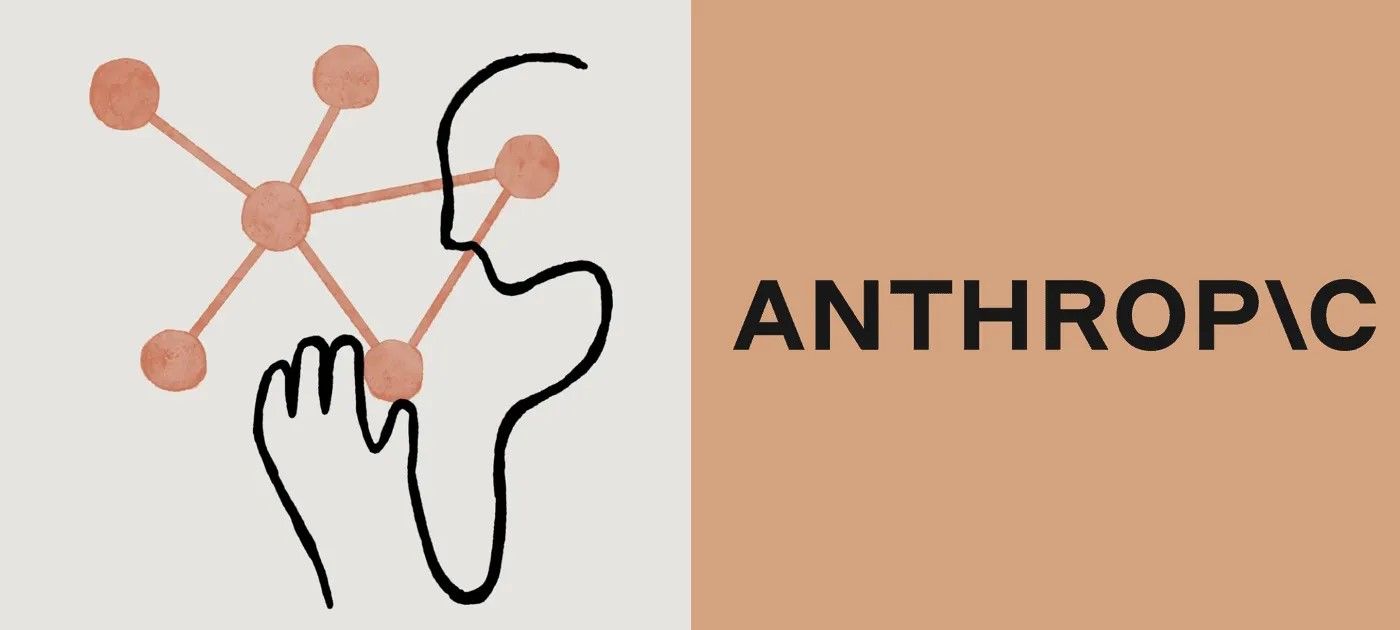Introduction
Anthropic has agreed to pay $1.5 billion to settle a landmark copyright lawsuit in the field of artificial intelligence. The deal addresses the illegal use of hundreds of thousands of pirated books to train its language models, marking a turning point for author protection in the AI era.
Background
The lawsuit, initiated by three authors in July 2025, accused Anthropic of illegally downloading works from pirate databases like LibGen and PiLiMi. Judge William Alsup allowed the case to proceed as a class action, while recognizing fair use for general training of Claude models.
Direct definition
The agreement between Anthropic and the authors sets a record compensation for copyright infringement in the age of artificial intelligence.
The Challenge
Anthropic allegedly copied up to seven million titles, but the settlement covers only works with ISBN/ASIN registered with the U.S. Copyright Office under specific terms. About 500,000 titles are included, each eligible for around $3,000.
Solution and Impact
In addition to the payment, Anthropic commits to destroying all pirated copies used for training. A searchable database will be created for authors and publishers, and if the number of works exceeds 500,000, Anthropic will add $3,000 for each extra title.
"This landmark settlement far surpasses any other known copyright recovery."
Justin Nelson, Susman Godfrey
Conclusion
The agreement sets a precedent for the AI industry, forcing companies to respect copyright. Authors can file claims through the dedicated platform, while a working group will define fund distribution between authors and publishers.
FAQ
- Who can receive compensation from Anthropic?
Authors and publishers of works with ISBN/ASIN registered under the established criteria. - How do you file a claim for AI copyright compensation?
Through the AnthropicCopyrightLawsuit.com platform following the provided instructions. - How many works are covered by the Anthropic settlement?
About 500,000 titles, with the possibility of more if the final list exceeds this number. - Does the payment cover future AI copyright violations?
No, the agreement only covers violations before August 25, 2025. - What is the impact of the agreement on the AI sector?
It forces AI companies to respect copyright and sets a legal precedent. - Can authors choose not to join the agreement?
Yes, they can opt out and pursue their own lawsuit, though it is more costly. - How will funds be distributed between authors and publishers?
A working group will define the allocation and provide recommendations to the court. - What role did Authors Guild and AAP play in the agreement?
They provided advice but were not direct parties to the lawsuit.
